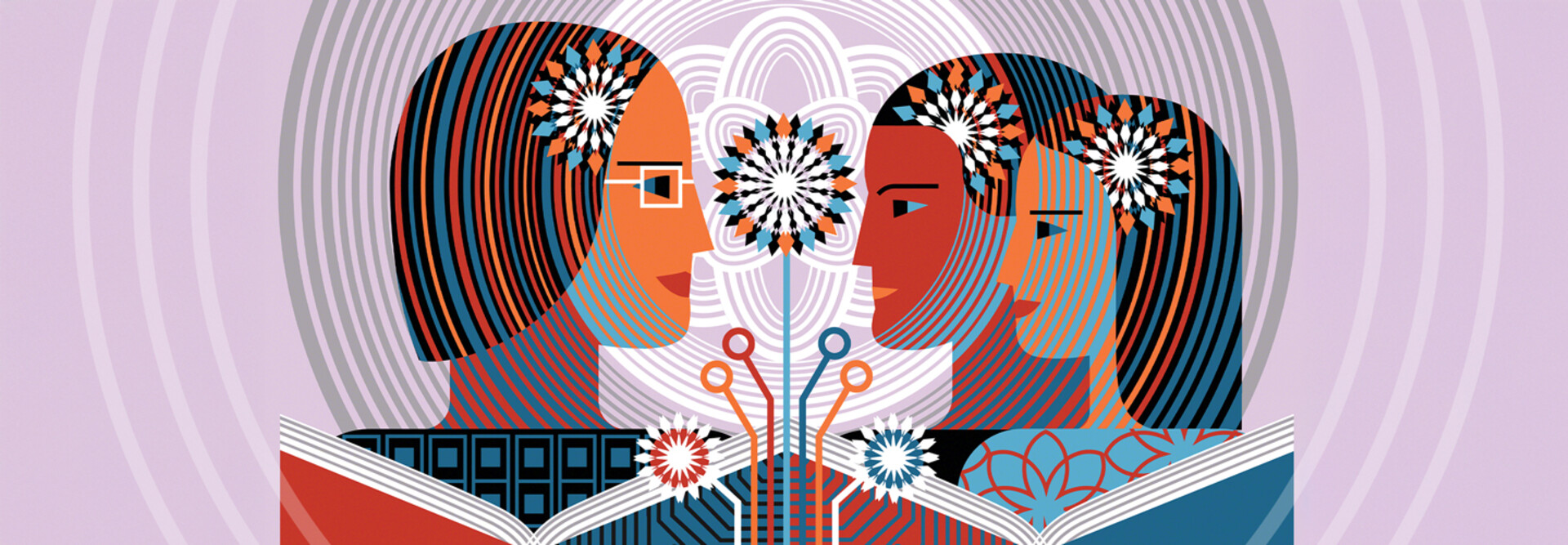How Technology Can Reinforce Students’ Mental Health
After observing a disconnect between the number of students who were struggling and how few actually sought assistance, Yusen Zhai, director of the Community Counseling Clinic at the University of Alabama at Birmingham, created a tool to predict which individuals may be more likely to experience anxiety or depression.
“I started wondering if we could use existing, common data to identify those who might be at risk before their situation worsens,” Zhai says. “The idea was to give mental health professionals and institutions a way to intervene earlier.”
Universities could potentially use the tool to analyze large data sets — such as the information all students provide at enrollment — to detect patterns that suggest groups sharing certain characteristics may develop anxiety or depression.
Similarly, counseling centers might assess a student’s medical history or other past treatment data to help tailor the care they provide, pinpointing risk factors that aren’t immediately visible, so mental health professionals can look for related signs and determine if a follow-up or referral would make sense.
Zhai has plans to further test the AI model and is examining ways to implement it.
“Some students are less likely to seek help for a range of reasons, including financial hardship, stigma, past experiences or not knowing what’s available,” he says. “This tool gives counselors and institutions another way to find and support those students, without waiting for them to come in on their own.”
Undergrads typically deal with a significant amount of stress, says Marla Johnson, technology entrepreneur-in-residence at the University of Arkansas at Little Rock, who believes AI in tandem with mental health specialists can allow universities to proactively address students’ needs and prevent crises from occurring.
In June, more than three dozen college and high school students attended a week-long AI & Mental Health Hackathon event planned by Johnson and held on the university’s campus.
“We wanted to show how AI could be applied to make a positive difference in the world and expose our students to what that process would look like,” she says.
Through courses from NVIDIA and other instructors, attendees learned about prompt engineering, AI ethics and other topics. Working in teams, they developed plans for tech solutions, such as software to assist a regional veterans’ healthcare provider with scheduling and prioritizing mental health service requests.
“Mental health is still somewhat stigmatized in Arkansas and the entire heartland,” Johnson says. “So, thinking of ways we can use technology to provide more access is very important.”












